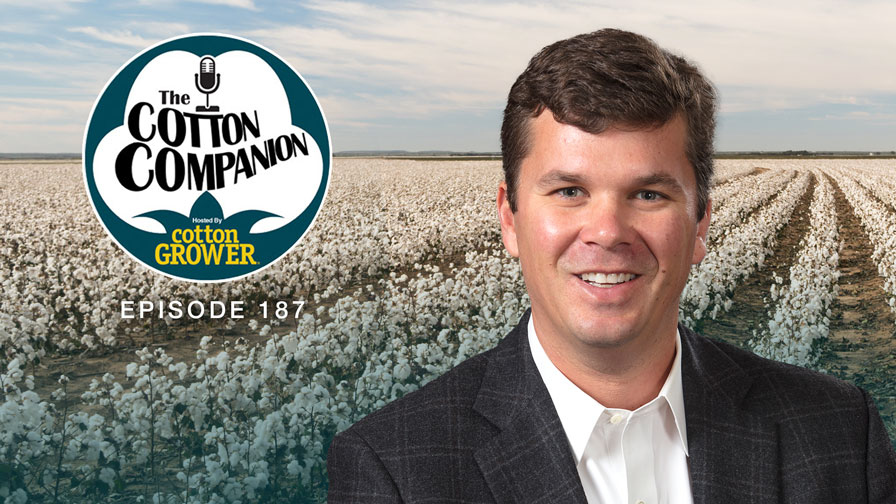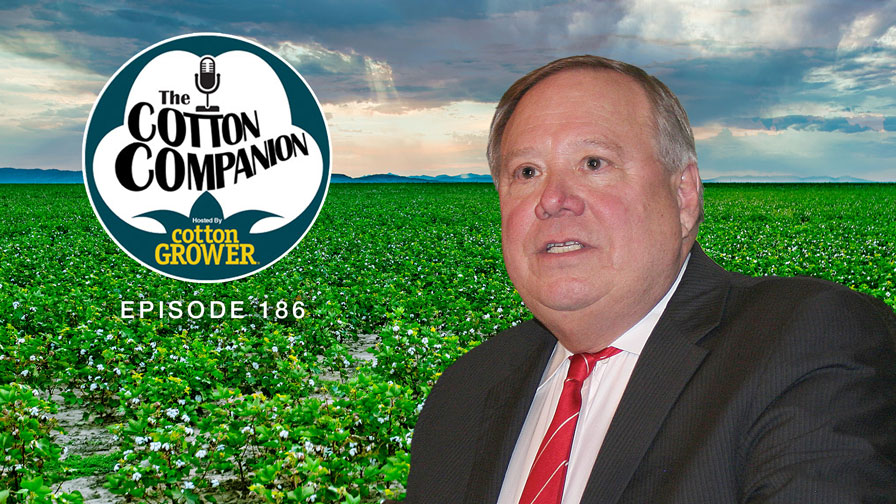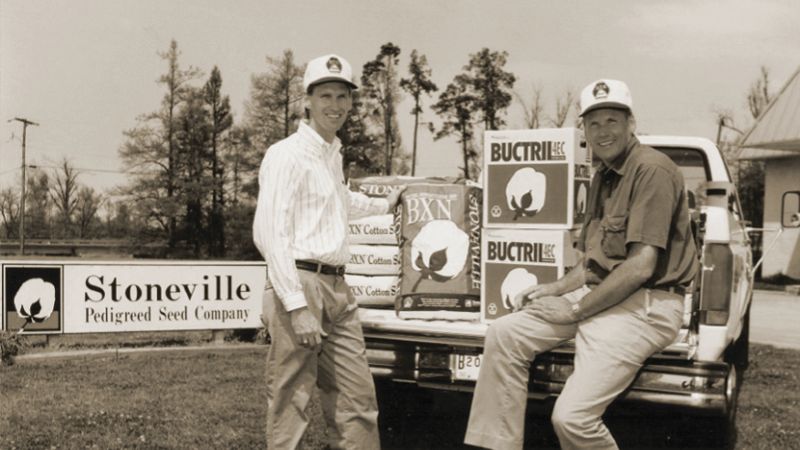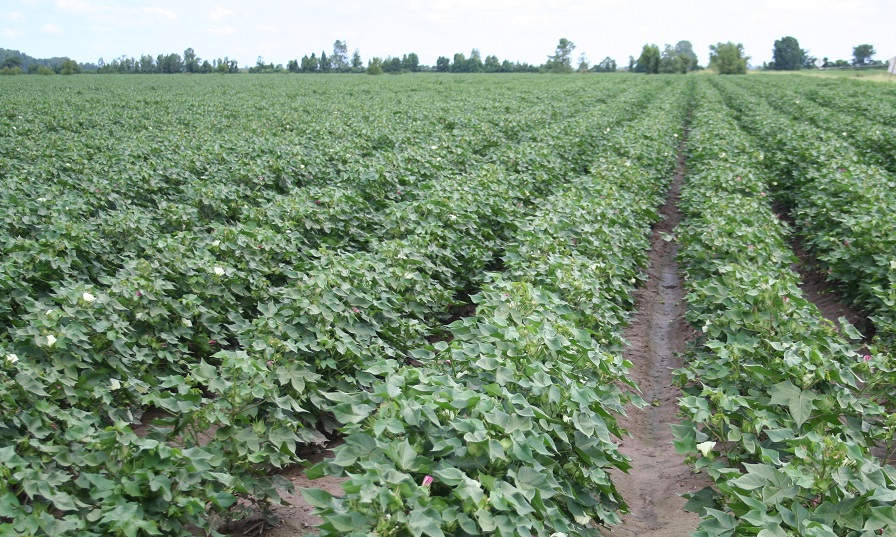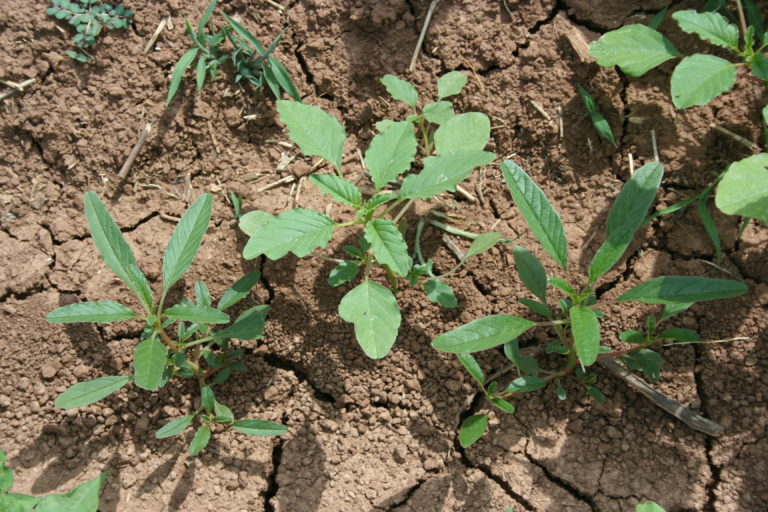Georgia Cotton Industry Struggling with Helene’s Aftermath
The Southeast is no stranger when it comes to dealing with hurricanes. But folks in Georgia will tell you that Hurricane Helene was a different beast altogether. Nothing, especially the state’s agriculture, was spared.
“This storm was nothing short of catastrophic,” says Camp Hand, University of Georgia Extension Cotton Specialist. “I’ve been on the phone with people covering other commodities in our state, and a lot of them are talking about how this was worse than Hurricane Michael – and everybody in Georgia remembers Michael.”
I-75 seemed to be the dividing line as Helene moved in, with the eastern side of the state taking the brunt of the storm’s wrath. Hand has been touring a lot of cotton fields during the past week, and he admits it’s leading to some tough conversations with growers.
“There are some fields that I’ve told growers I wouldn’t even bring a picker to,” he says. “A lot of fields are at least 40% to 50% loss. The western side of the state sustained less damage to cotton. But as of right now, we’re sticking with a preliminary number of 35% to 40% loss across the cotton production regions of the state.
“That’s approximately 600,000 bales.”
According to a Bloomberg report dated Oct. 1, the damage to Georgia cotton could represent as much as 5.5% of total U.S. production for this season, based on USDA calculations. That’s not good news in an already difficult year for cotton farmers, who – according to USDA forecasts – are expected to see 2024 cash receipts fall 24% from the prior year due to lower prices, higher input costs, and declining demand and sales volumes.
“The hardest part for me is having to talk very candidly with folks about how bad the farm economy is in general,” says Hand. “My plea right now would be we don’t need a program that takes two years to provide help. We don’t need low interest loans. We need money, and we need it now. If we don’t get help as soon as possible, a lot of growers may not make it to next year.
“The unfortunate truth is all we can do is move ahead,” he continues. “That’s why I’m talking with our county agents right now about what we can do next. We’re going to have to have some serious conversations with folks about is it worth picking what’s left and what’s insurance going to be for us.”



